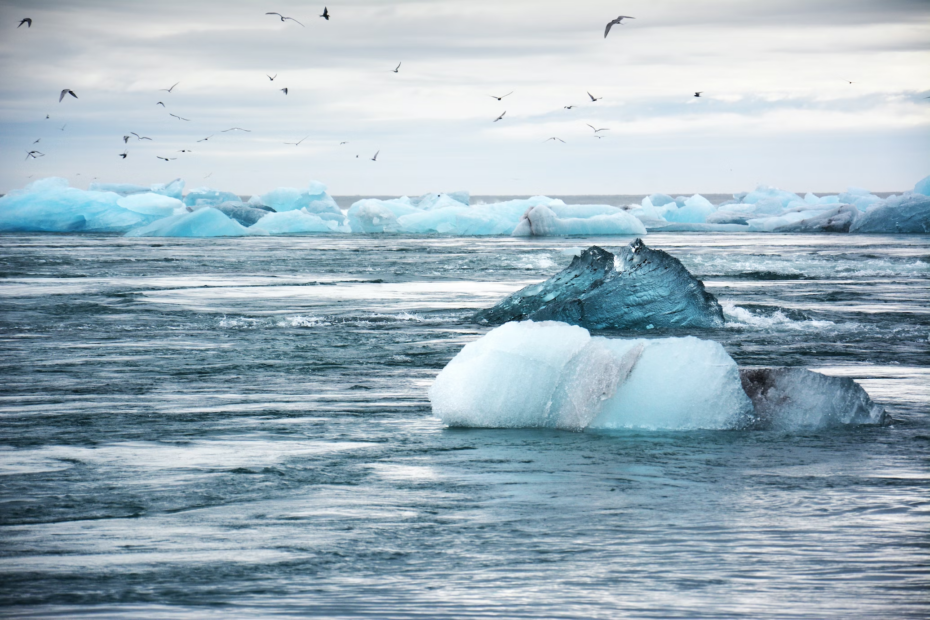Every aspect of our lives is in some way affected by global warming, making it an immediate and complex threat. Solving an issue effectively requires first identifying its basic characteristics. In this paper, you’ll look at five elements of climate change what everyone needs to know that are particularly important for the general public to grasp.
The Scientific Foundations of Climate Change
To a large extent, global warming can be attributed to the greenhouse effect. When burning coal, oil, or natural gas for energy, carbon dioxide (CO2) and other greenhouse gases are emitted into the environment. These gases act like a blanket, trapping thermal energy from the sun and contributing to global warming.
There is a solid scientific reason for this occurrence. Scientists have used advanced models and decades of data to learn more about Earth’s climate. They’ve determined that people’s actions contribute significantly to global warming.
The impact of human actions
Most climatic shifts may be traced back to human activities. Deforestation, industrial processes, and agricultural practices also play significant roles in contributing to greenhouse gas emissions. These emissions have increased dramatically since the Industrial Revolution, which has accelerated global warming.
The consequences of these activities are becoming increasingly apparent in our daily lives. Extreme weather events such as hurricanes, droughts, wildfires, and heatwaves are increasing in frequency and severity. These events have a domino effect, upsetting ecosystems, damaging infrastructure, and endangering human lives.

Climate Change’s Consequences
Almost every area of human life is impacted in some way by climate change. Changing weather patterns and increasing sea levels threaten coastal communities, and both threaten food security. A lack of freshwater is affecting marine life due to ocean acidification, and melting glaciers only make the situation worse. Climate change exacerbates a wide range of problems, including biodiversity loss and health concerns.
Knowledge of these consequences is essential for appreciating the seriousness of climate change and making well-informed decisions regarding adaptation and mitigation.
Adaptation and Mitigation Strategies
Mitigation and adaptation to climate change are mutually beneficial actions. Reduced emissions of greenhouse gases are needed to slow global warming. In order to achieve this objective, we must adopt sustainable land-use practices, expand our usage of renewable energy, and improve the efficiency of our buildings and transportation systems.
Adaptation seeks to mitigate the impact of undesirable outcomes that cannot be prevented as a result of prior emissions. Methods for water resource management in light of varying climatic circumstances and early warning systems for catastrophic weather events are two such examples.
Accountability, both individually and collectively
There is something everyone can do to slow global warming. Personal carbon footprints may be reduced by measures such as reducing energy use, switching to public transportation, recycling more, and buying and promoting eco-friendly products. Voting for political candidates who will make climate change a priority and participating in environmental campaigns are two more essential steps.
However, fighting climate change will need more than individual action. Governments, businesses, and communities must collaborate to successfully implement policies and initiatives that promote sustainability and reduce emissions. Because of the global scope of climate change, it is imperative that nations work together to find solutions.
Conclusion
Climate change is a critical international issue that has to be addressed immediately. Understanding the science underlying it, admitting our role in it, and taking immediate action are the first steps towards mitigating its impacts. If everyone works together, we can fix this worldwide issue and provide future generations with a safer, more sustainable planet.
